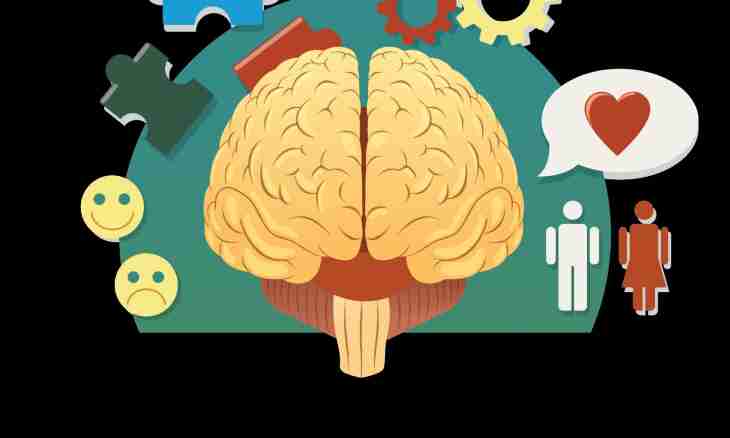The personality is a person in terms of social communication. Each personality has a large amount of individual traits and properties which psychologists try "to classify".
What is the personality?
The personality is a close interlacing of biological characteristics of the person and his social communication with other people. The person who grew up out of society (for example, children raised by wild animals) or which owing to the features is not able to communicate with others, cannot become the personality. Each personality is unique and diverse.
In psychology various opinions on what represents the personality. Some psychologists consider that the personality is a set of motives. Others, on the contrary, consider the personality a set of the relations to situations and other people. Z. Freud divided the personality into three parts: "I" (conscious), "It" (unconscious) and "Super I" (an ideal which controls our behavior).
Levels of the personality
The structure of the personality consists of several substructures. The biological moments are the cornerstone: age and sexual features. Here also the temperament and type of nervous system as they are congenital enter. At the following level there are abilities, thinking, feelings which can be both congenital, and acquired. Level above - social experience of the person, knowledge, a habit. This substructure is formed only in training. The highest level of the personality is her view of the world, desires, ideals, aspirations. In spite of the fact that the personality is formed in society with its rules and norms, substructures of the personality at each person different. It is very difficult to meet the personality with the same type of temperament, character, education and social experience. For this reason it is often difficult to people to understand each other.
Components of personal structure
Structure of the personality are what it consists of, her elements and communication between them. Basic elements of the personality is a motivation, will, knowledge, emotions, character, abilities and consciousness. The motivation is requirements and desire, what forces the person to move forward. The will arises in difficult situations and at a meeting of obstacles. It is conscious regulation of the behavior. Knowledge of are feelings, perception, imagination, memory. Emotions is a manifestation of experience of any events. They help the person to understand the importance of the events. The nature of is a skeleton of the personality, steady, typical lines of the specific person. Abilities are features of the person which are a condition of success in any business. Consciousness – internally experience of the "I".

